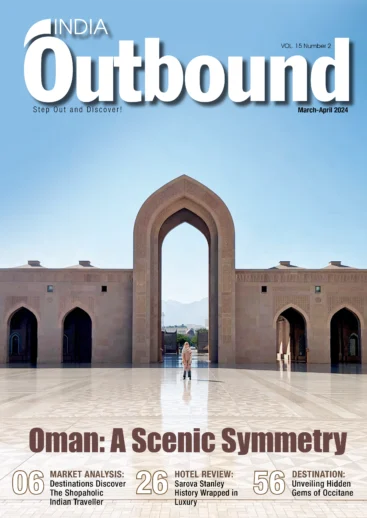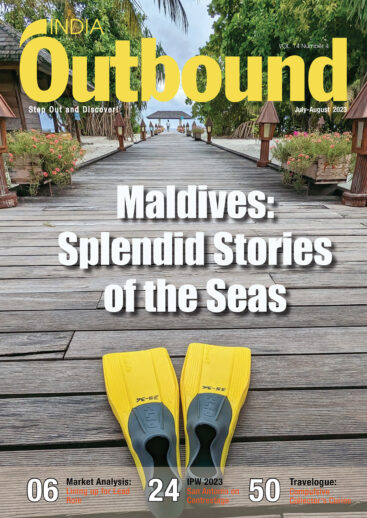
Collaboration between academic institutions and tourism has fostered market development, says FMI
Europe is emerging as a clear winner in the new and niche market of educational tourism as the target market in the continent is expanding rapidly in response to a substantial number of people travelling abroad for higher education.
According to a new report by market analysis firm, Future Markets Insight (FMI), sales revenue reached USD 92.1 billion in 2022. From 2023 to 2033, education tourism demand in Europe is projected to rise at a Compound Annual Growth Rate (CAGR) of 15.0 pc and accordingly, the market size is expected to expand from USD 107.9 billion in 2023 to USD 436.5 billion by 2033.
A rise in consumer spending on education has created lucrative-revenue generation opportunities for educational tour operators. According to the report by FMI, collaboration between academic institutions and tourism has fostered market development, with France and the United Kingdom being the top preference for people to opt for higher education. Educational tourism companies are seeing an increase in tourists in the age group of 19 to 25 years which increases demand for master’s degree inbound educational tourists in Europe’s market.
The report says that the launch of promotional campaigns through social media combined with influencer marketing has uplifted Europe’s educational tourism demand. The total number of European educational tourists in 2022 stood at 5.81 million.
Besides, a shift from traditional learning to online and virtual learning, especially post-Covid, is also augmenting market growth, says the report. This new trend has been shaped by the advanced teaching aids and several scholarships launched to further boost the growth of the educational tourism market in Europe. According to the report, incorporation of technology, whereby virtual reality (VR), augmented reality (AR), mobile applications and interactive digital platforms are offering more interactive educational experiences has enhanced the visitor experience in educational tourism.
The report says that a number of factors including the presence of leading educational institutions, increasing government initiatives and highly developed facilities has, over the years, helped European countries such as Germany, France, Spain and the United Kingdom to become ideal destinations for educational tourism.
Several European countries are promoting educational tourism as a part of their strategy to boost the local economy. They benefit from international student expenditures on tuition fees, accommodation, food and beverages, taxes and other leisure activities while educational tourism not only benefits the host country but also fosters the personal and professional growth of students while studying and interacting with foreign people.
A new trend of collaboration with international education providers to offer customised education experiences, has further driven the demand for educational tourism. This approach allows students to focus on specific areas of interest, choose their preferred learning pace and incorporate hands-on experiences or workshops into their itineraries.
Educational tourism sales outlook compared to demand forecast from 2023 to 2033
As per FMI’s analysis, Europe’s educational tourism industry exhibited a CAGR of 13.6 pc from 2018 to 2022, with a valuation of around USD 92.1 billion in 2022. In the coming years, Europe’s educational tourism market is projected to register a 15 pc CAGR between 2023 and 2033 and is likely to cross a valuation of about USD 436.5 billion by the end of 2033.
In recent years, the United Kingdom has become an ideal educational tourism spot globally owing to the growth of support infrastructure for educational tourism. This includes accommodation options, transportation networks, student services, and cultural activities tailored to the needs of students & educational tourists.
Simultaneously, demand for educational tourism in Germany has generally been strong, with a steady influx of international students and visitors seeking educational experiences. Factors contributing to this demand include Germany’s reputation for academic excellence, its robust higher education system, and the availability of scholarships and funding opportunities for international students.

















